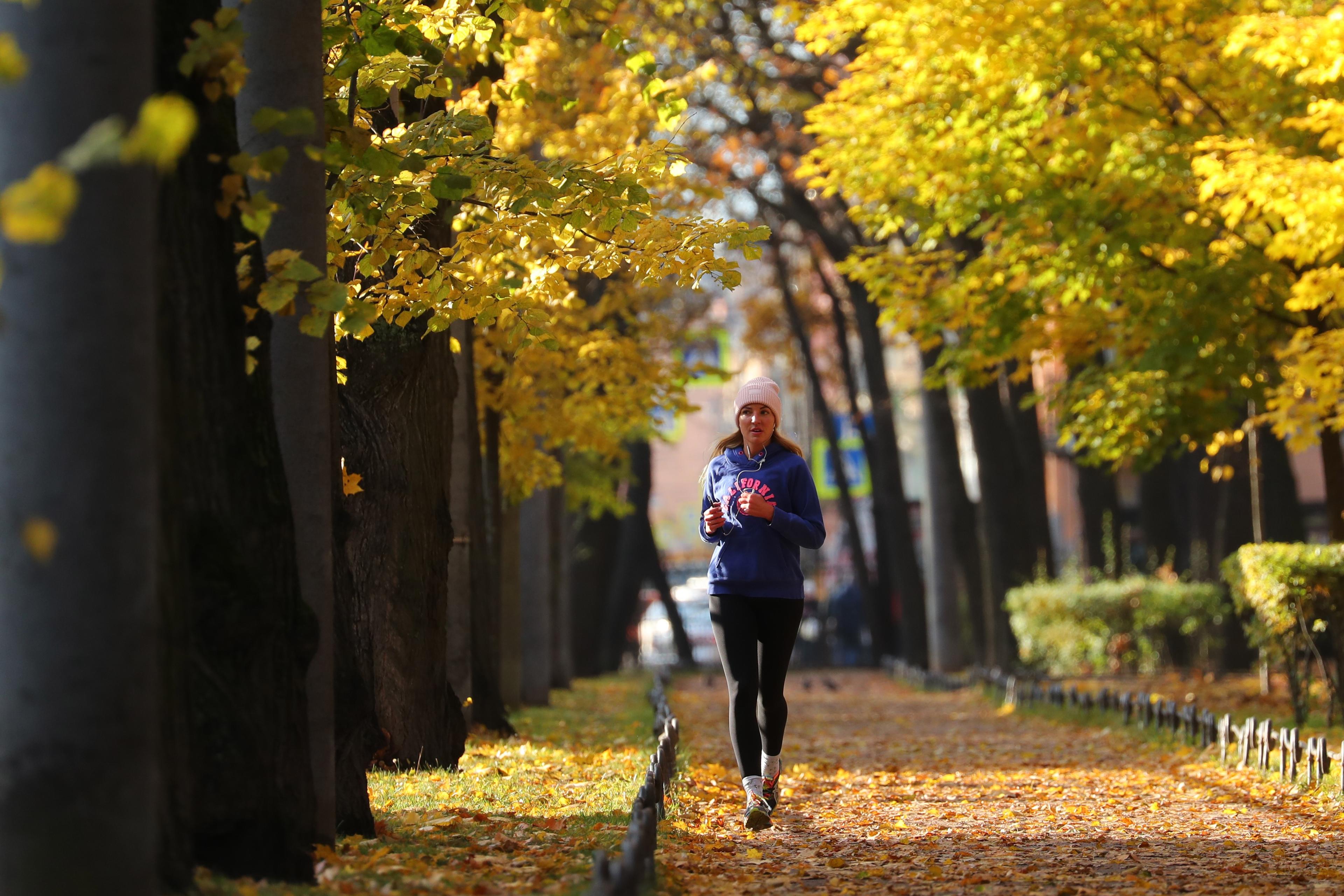
How to maintain a healthy brain
Adopt these lifestyle changes and you will not only sharpen your mind today but also reduce your risk of dementia later on
by Kailas Roberts

Adopt these lifestyle changes and you will not only sharpen your mind today but also reduce your risk of dementia later on
by Kailas Roberts

Both neuroscience and psychotherapy agree that you can change your mental framework as the Stoic Marcus Aurelius described
by István Darabán
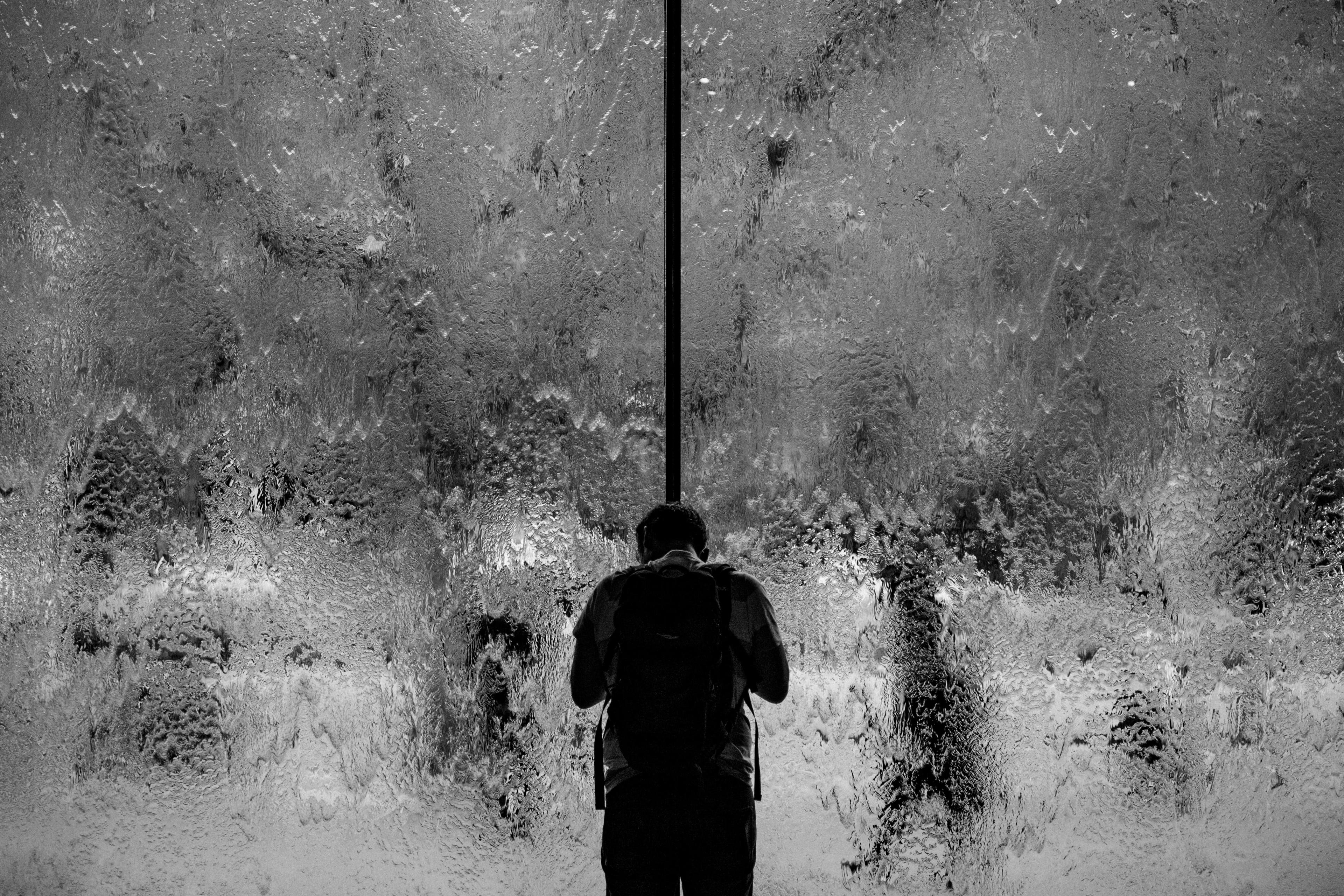
The ‘chemical imbalance’ trope is appealing but dehumanising, and has heightened stigma towards people with mental illness
by Joseph E Davis
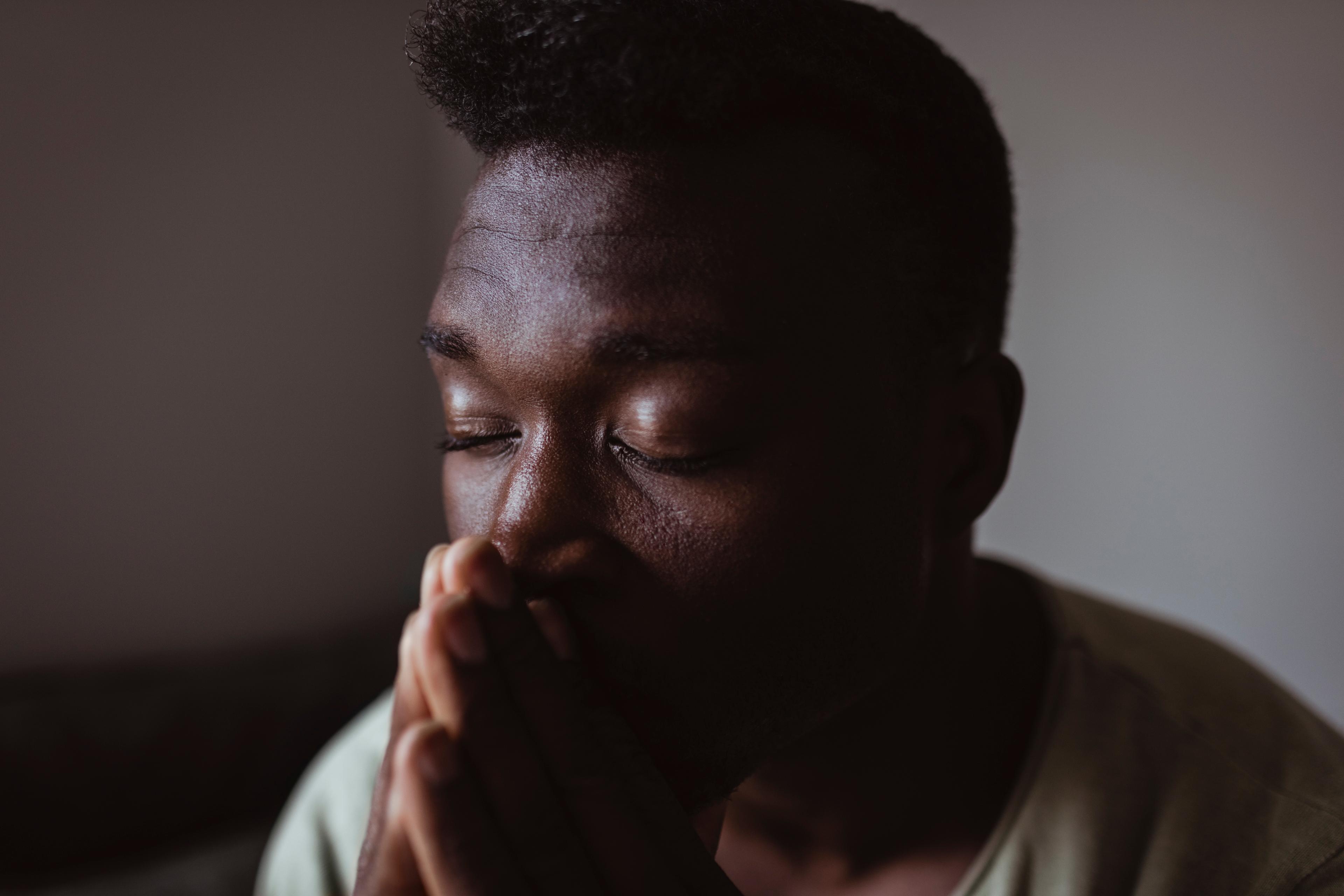
Neuroscience shows that spiritual experiences are correlated with brain states that we can all aim for, religious or not
by Tal Dotan Ben-Soussan
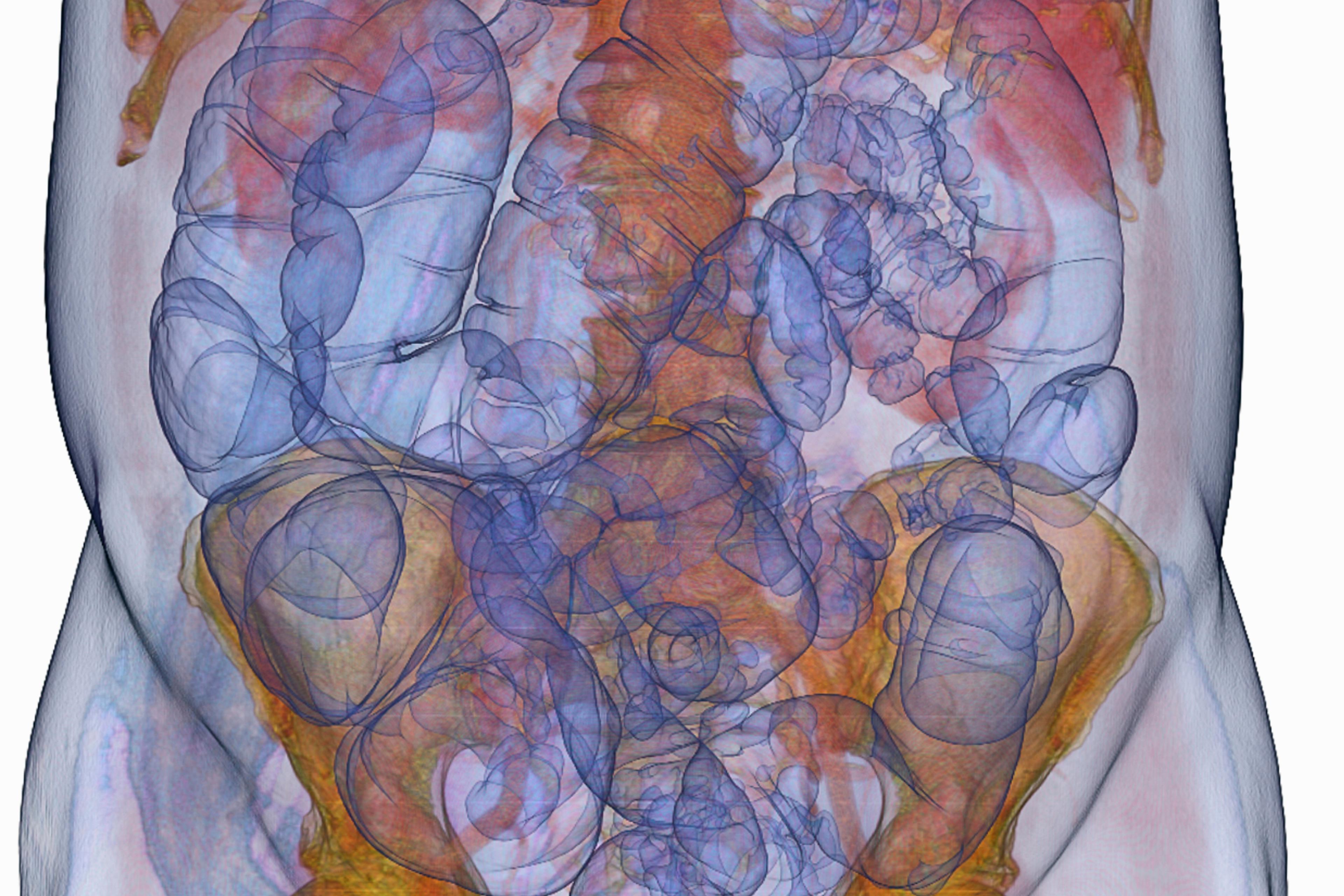
A new perspective uses an analogy between digestion and cognition to help explain the function of a key neurochemical
by James M Shine

Cutting-edge research in the field of neuroarchitecture is revealing the public health implications of building design
by Cleo Valentine & Heather Mitcheltree

It’s no small task to live a life of sustained attention. So slow down, and give your brain a break to do its work
by Teodora Stoica
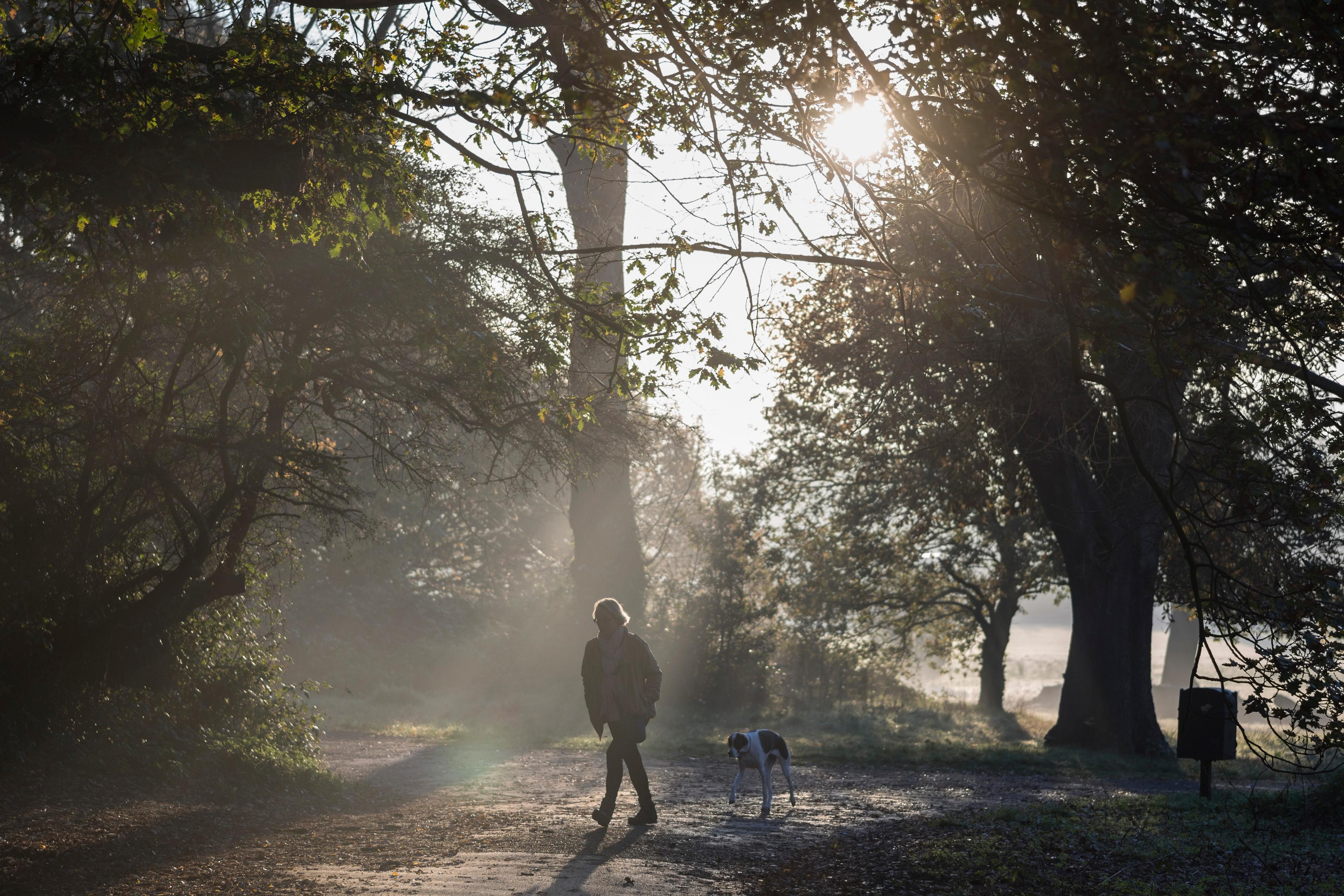
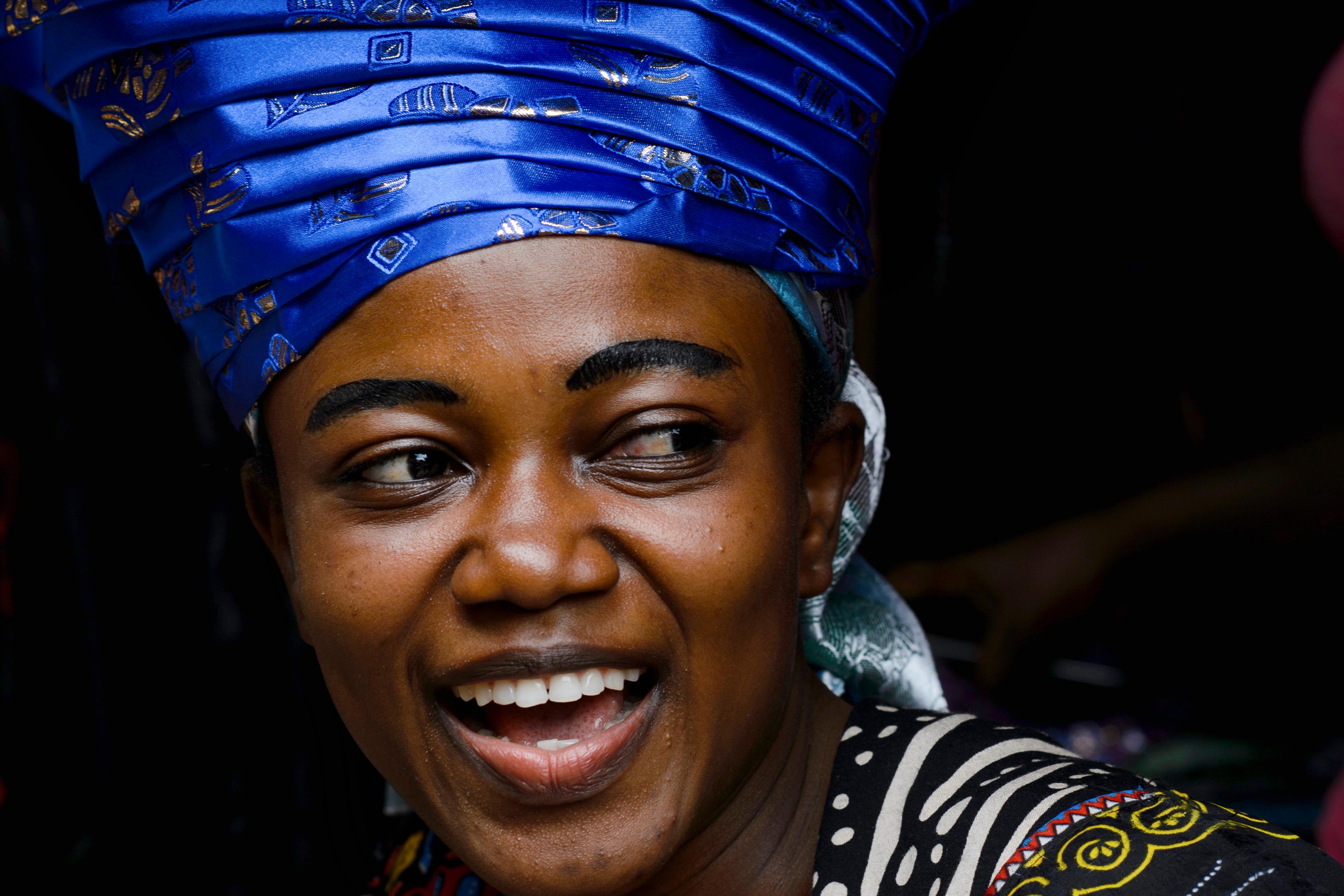
Pleasure and happiness are too important for our mental health to be reduced to the single brain chemical dopamine
by Dean Burnett

Exciting new research findings are validating ancient folk beliefs that root the sense of self deep in the body’s organs
by Alessandro Monti

We can’t ask babies what they’re feeling, but ingenious new methods are shedding light on the origins of subjective awareness
by Joel Frohlich
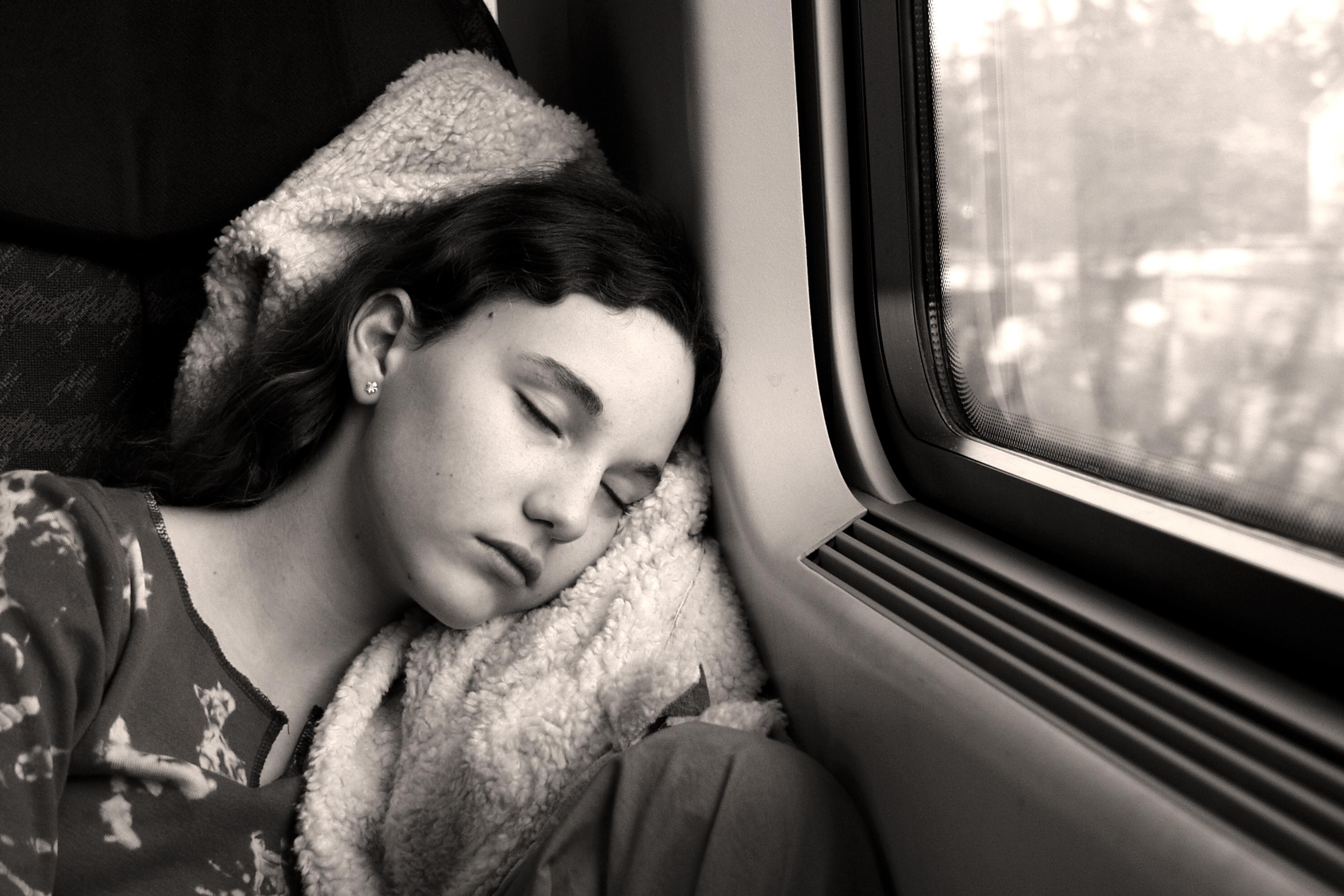
Neuroscientists are demystifying this in-between state, uncovering its role in memory processing and its creative potential
by Célia Lacaux
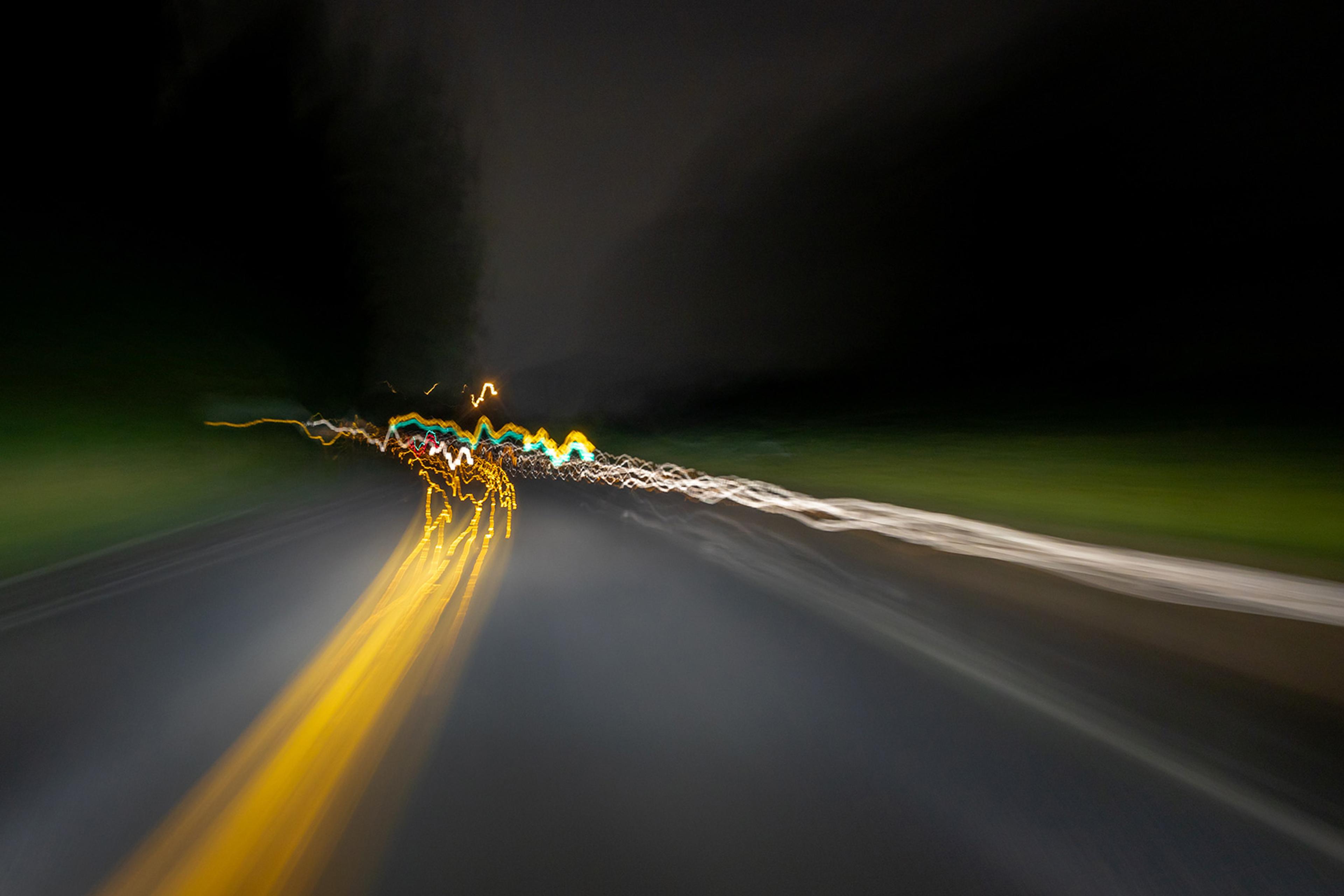
Sudden amnesia untethered me from my past. Was I the same person or had I become someone else?
by Steven Hales
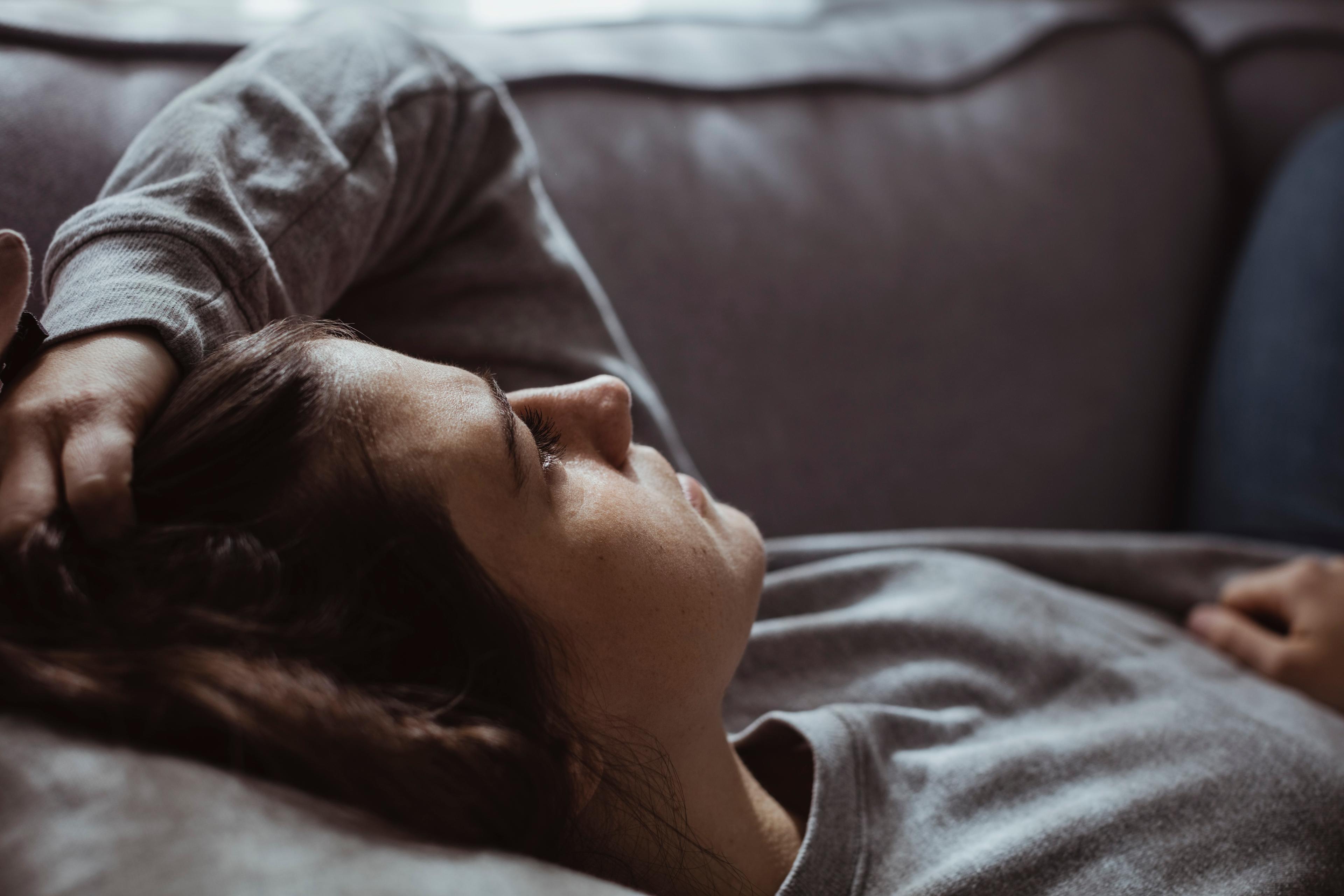
The most vital quandary of mental health disorders and therapies today is not whether they change the brain but how
by Camilla Nord
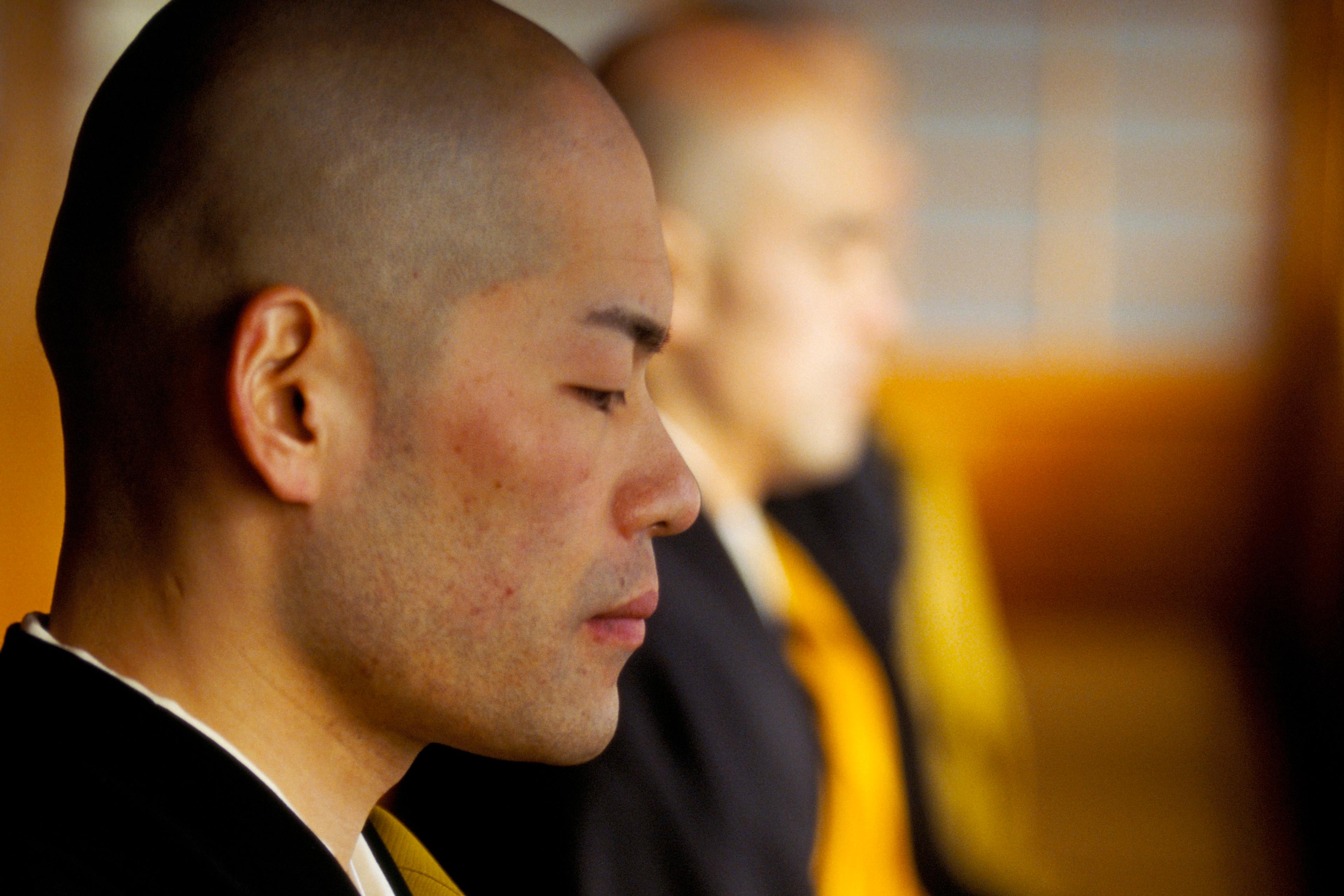
Whether through daily meditation or on a week-long retreat, the experience of spiritual enlightenment transforms the brain
by Andrew Newberg
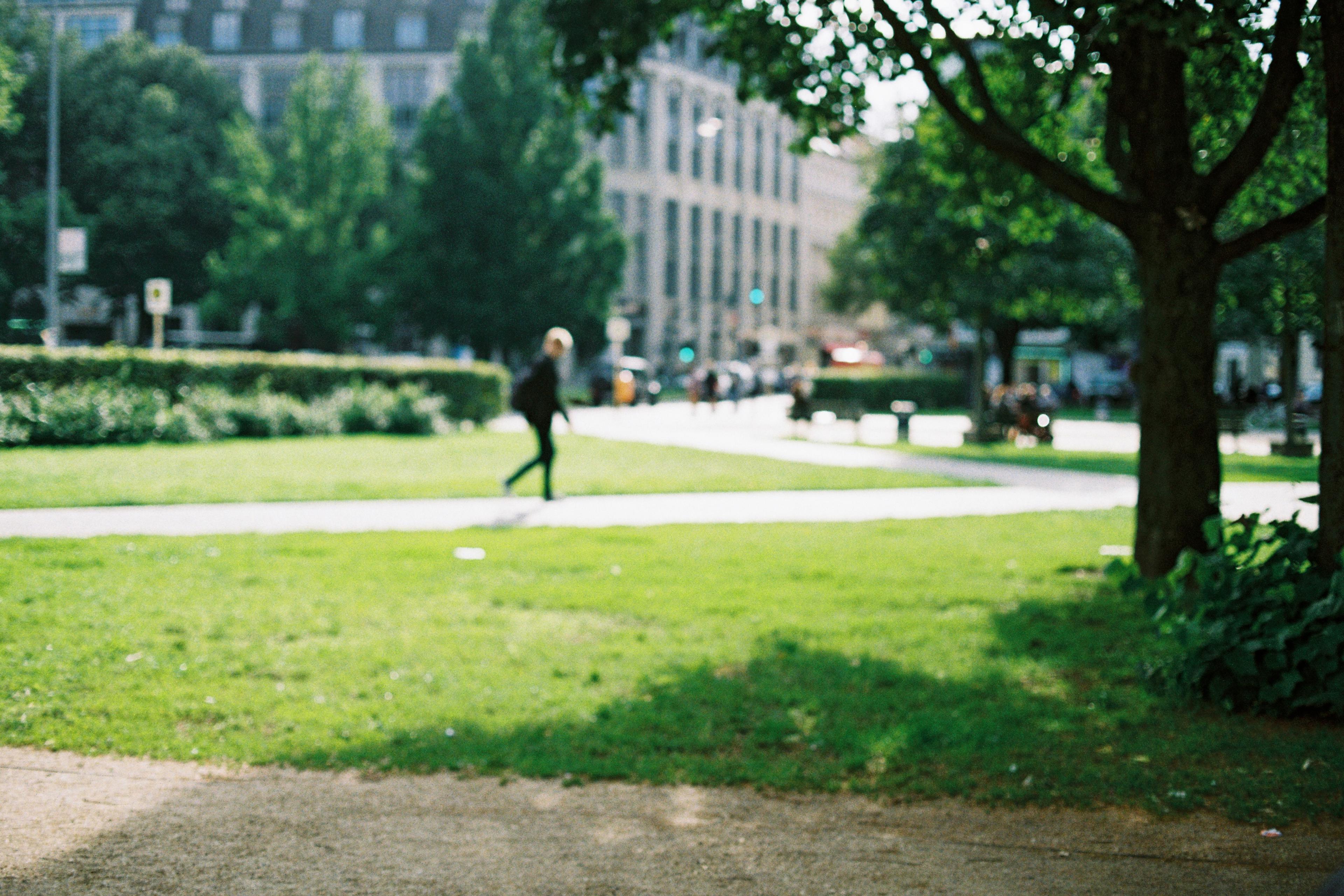
Does attention distort knowledge, or am I overthinking it? What visual illusions say about the secret workings of the mind
by Henry Taylor